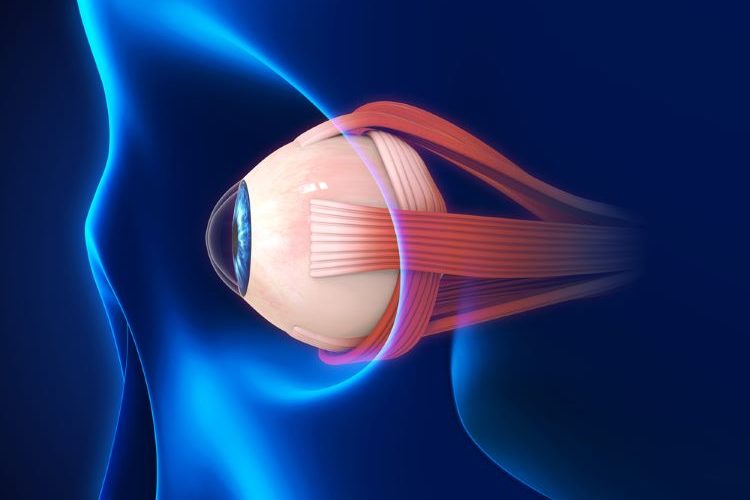Genentech to reveal new data for ocular biologic
Posted: 20 July 2023 | Catherine Eckford (European Pharmaceutical Review) | No comments yet
Data shared at the 2023 American Society of Retina Specialists (ASRS) Annual Meeting will reveal new clinical and real-world evidence for the first bispecific antibody (bsAb) approved for the eye.


Late-breaking post-hoc data on Vabysmo® (faricimab-svoa), the first bispecific antibody (bsAb) approved for treating the eye, is set to be revealed at the 2023 American Society of Retina Specialists (ASRS) Annual Meeting.
The bsAb biologic is being assessed as a treatment for wet, or neovascular, age-related macular degeneration (AMD) and diabetic macular edema (DME).
New analyses suggests the biopharmaceutical drug “Vabysmo is associated with less vision-impacting fibrosis than Eylea (aflibercept),” commented Dr Levi Garraway, PhD, Chief Medical Officer and Head of Global Product Development at Genentech and Roche.
Vabysmo targets and inhibits two disease pathways linked to several vision-threatening retinal conditions by neutralising angiopoietin-2 (Ang-2) and vascular endothelial growth factor-A (VEGF-A).
What data will be shared at the 2023 ASRS?
The key data are as follows:
Late-breaking data: Vabysmo’s effect on epiretinal membrane (ERM) formation in DME compared to aflibercept.
Two-year post-hoc data from the YOSEMITE and RHINE Phase III studies will be presented for the first time on ERM formation in DME patients.
Additionally, data reconfirming positive outcomes previously seen with Vabysmo, including reduced blood vessel leakage in the macula, and greater and faster retinal fluid control will be presented.
Data will also further verify how increased intervals between doses of Vabysmo to treat wet AMD and DME, compared to aflibercept, do not compromise outcomes.
Real-world data for Vabysmo
Real-world data emphasises that first-line Vabysmo improves outcomes and extends treatment intervals rapidly during the first four months for patients with AMD and DME.
Updates will be presented on real-world data from the FARETINA studies of Vabysmo in wet AMD and DME looking at extended dosing intervals and impact on vision, including use as a first-line treatment.
Additionally, preliminary data on early outcomes and treatment patterns in the UK FARWIDE studies of Vabysmo in wet AMD and DME will be shared for the first time.
Related topics
Big Pharma, Biologics, Biopharmaceuticals, Clinical Development, Clinical Trials, Drug Development, Drug Safety, Research & Development (R&D), Therapeutics
Related drugs
Related people
Related diseases & conditions
age-related macular degeneration (AMD), diabetic macular edema









